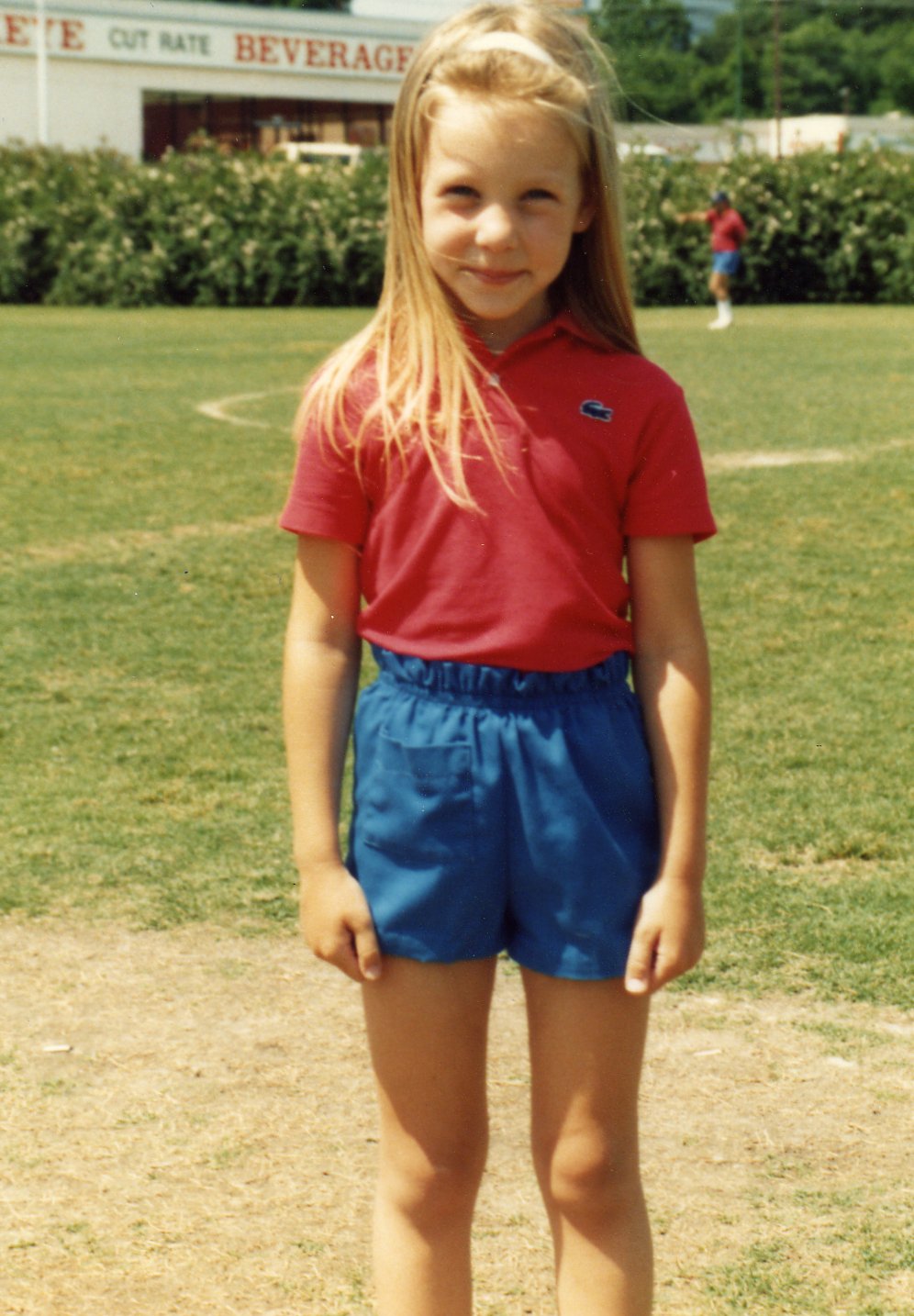
Let's Start at the Beginning...
Share
Okay, just kidding not that far back...!
When people ask how Purse & Clutch got started, I usually start the story in June 2011, when I asked my dear friend Rikki Marler how I could help out her newly launched business in India that sold handmade, fair wage accessories and household items.
But when I really stop and think about it, Purse & Clutch was born - little by little - year before that.
The story would take days to transcribe, but here is a short synopsis of the slow birth of what is now my very own business, serving those with limited opportunities for dignified work in a way I never thought I would - through fashion!
I think my eyes began to be opened to the quicksand cycle of generational poverty first through week-long trips to Monterrey and Saltillo, Mexico, as an enthusiastic high schooler. I started to see that so many of the opportunities I took for granite were simple due to the privileges I had based on where I was born.
These trips emboldened me to spend a summer building an orphanage in Cochabamba, Bolivia, where I was further able to see the effects of short term charity juxtaposed with a fascinating business model where Fair Trade Bolivian coffee sales sustainably funded the building of additional orphanages and upkeep.
Upon graduating college with a degree in Chemistry, I was offered a job in Tegucigalpa, Honduras, teaching high school Chemistry at a bilingual private school in the mountains. Volunteering at a nutrition center & child sponsorship program on the weekends opened my eyes a bit more to what long term change could look like for those with limited opportunities for fair employment.
My journey then took me back to the States where I helped develop & teach Leadership Studies courses at John Brown University while I had a Fellowship with a Non-Profit leadership training organization that was run with a For-Profit business model. This was amplified by my Leadership and Ethics graduate program where I was able to study first hand the Guatemalan artisan market and the challenges that the women were facing to become viable businesses with which they could support their familes while keeping their culture intact.
After graduating, I moved to lovely Austin, Texas, where I began working with a start-up branch of a local Non-Profit that gardened in people's backyards and sold a portion of the produce at the Farmer's Market to create employment opportunities the homeless and formerly homeless of the city.
Gardening taught me the importance of knowing where my food comes from and had a profound effect upon how I began to view life. Processes began to matter more than simply the results. This was sprouting from the seeds of my Ethics studies where how things are done are just as important as the final product and often times shine a spotlight on what we truly value.
These crazy, disjointed post-college experiences finally were being knit together to prepare me to see the possibility of the impact that a slow fashion brand could have. One that values processes & sees the necessity of having a product that stands on it's own in the fashion world apart from the story of how it was made.
It allows people the opportunity to begin to think about where their purchases come from without having to sacrifice style (which allows the business to be much more sustainable.)
Business met fashion by accident and the result is Purse & Clutch as you see it today.

2 comments
@Ali – Hello! Thanks so much for your note – I will follow up with you via email and look forward to hearing more about the great work you are doing!
Hi Jen:
This is Ali and I’m the managing Director of Merchant-grp Pakistan, I came across your website and found it very interesting as one of my divisions is working on similar lines.
Our Product development team has been inspired by the One Village One Product (OVOP); concept of Japan and One Tambon One Product (OTOP) of Thailand. Our primary objective is to alleviate poverty in rural and peri-urban areas of Pakistan. We have started working with designers associated with our Brands Division and Artisans in remote villages of Pakistan to come up with a product line of traditional fabrics, apparels, traditional show pieces, rugs, purses, clutches and carpets.
Recently our Product Development Director submitted a proposal to US Aid for a product called Rilli it is a traditional Pakistani patchwork quilt made in the rural areas of Sindh and Balochistan and is used as a bedspread, blanket, or carpet.
I’m in Dallas – Texas at the moment to establish an Office in US for my Apparel division but what you’re doing looks interesting as well, let me know if there is any common ground on which we can work as I see that you are not sourcing anything out of Pakistan.
Looking forward to your comments.
Best Regards.
Ali.